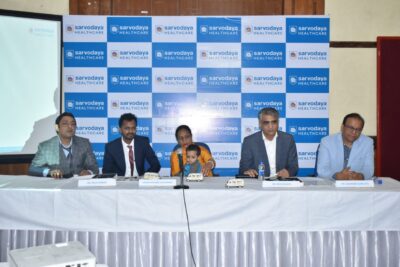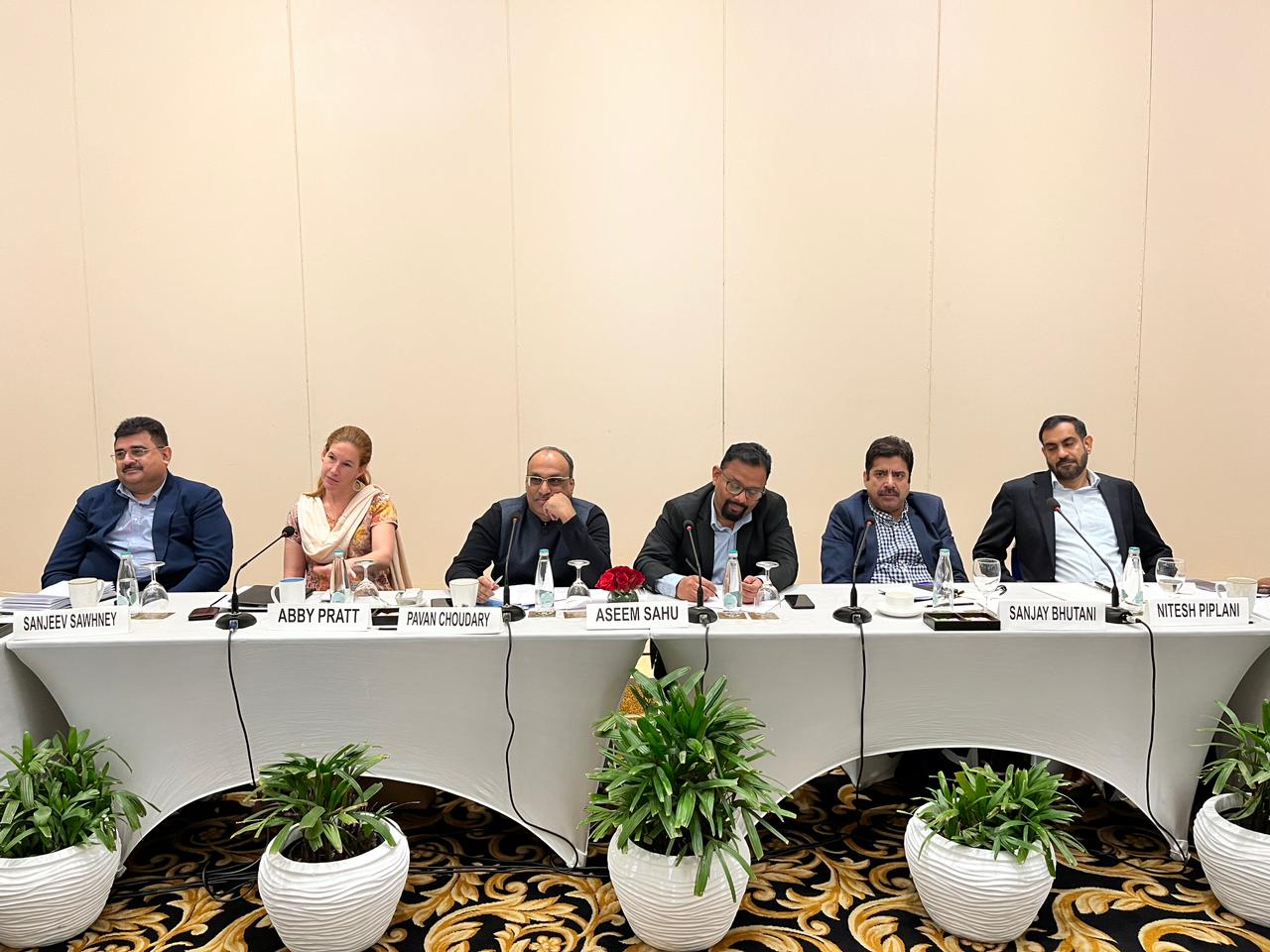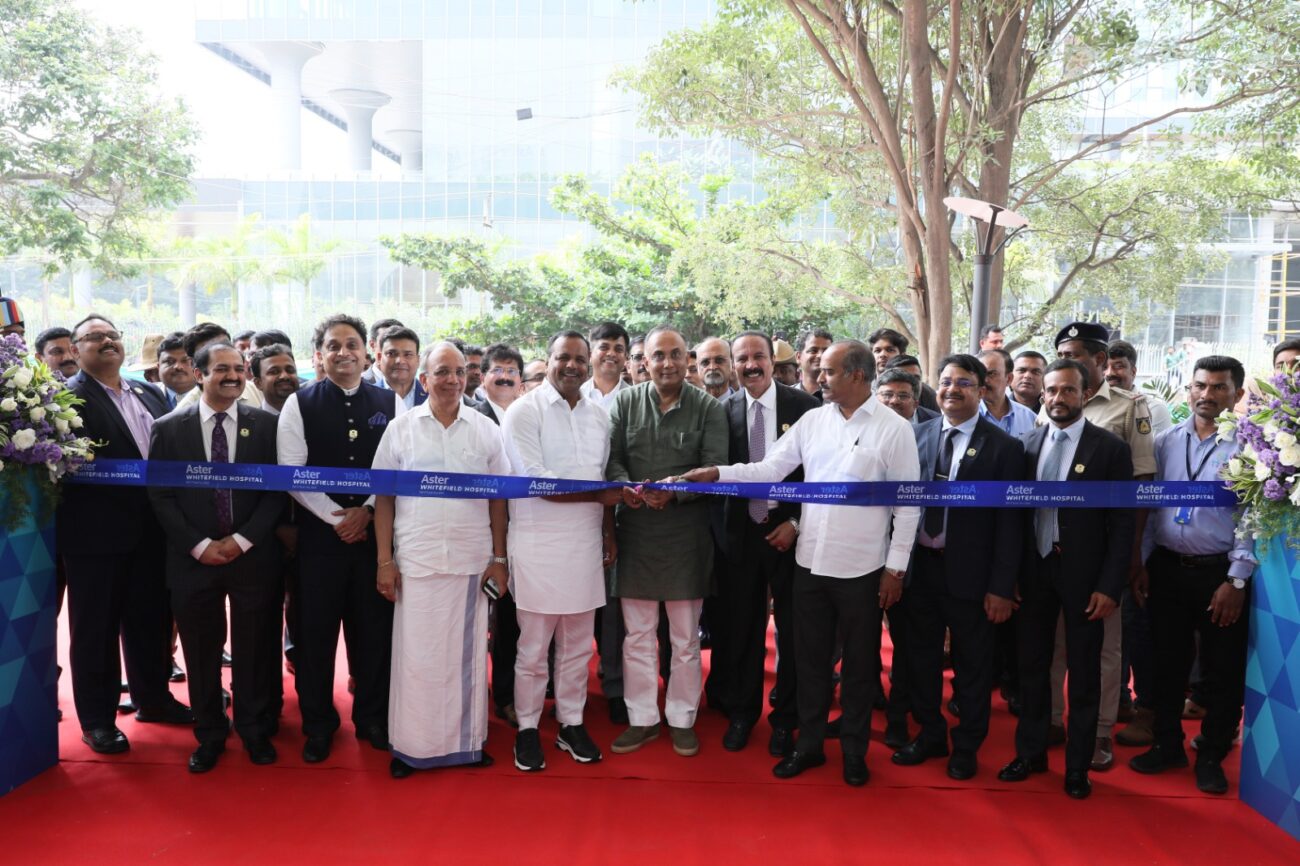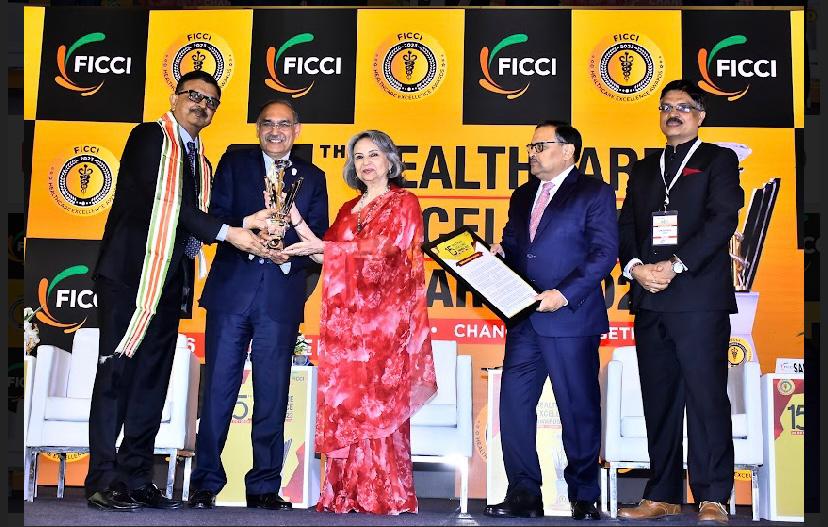Shalby Hospitals, to bring latest heart treatment technologies for the first time in Central India with the launch of ‘Shalby Institute of Cardiac Sciences’ (SICS) in Indore
INAUGURATION ON 25TH SEPTEMBER BY SHRI SHANKAR LALWANI, MP, INDORE With World Heart Day around the corner, Shalby Hospitals, one of the most renowned multispeciality hospitals of Indore, is bringing four latest heart treatment technologies for the

INAUGURATION ON 25TH SEPTEMBER BY SHRI SHANKAR LALWANI, MP, INDORE
With World Heart Day around the corner, Shalby Hospitals, one of the most renowned multispeciality hospitals of Indore, is bringing four latest heart treatment technologies for the first time in central India with the launch of SICS – Shalby Institute of Cardiac Sciences at its hospital in Indore. SICS will be inaugurated by Shri Shankar Lalwani at 2 pm on 25th September, Saturday. With 11 hospitals spread across India, Shalby Hospitals was founded by Dr. Vikram Shah, world-renowned joint replacement surgeon. It is a leader nationally in joint replacement surgeries accounting to around 15% of all joint replacement surgeries among private hospitals. Its Indore unit is a 240-bed state-of-the-art multispeciality hospital.
The new technologies that SICS is equipped with are intravascular ultrasound, rotablation, fractional flow reserve and MICS (Minimal Invasive Cardiac Surgery) and endoscopic vessel harvesting. These new technologies have distinct advantages in heart treatment. Intravascular ultrasound (IVUS) has advantage over conventional angiography as it can overcome a number of its limitations by providing more information about plaque characteristics, stent deployment, and the mechanisms of device failure. Rotablation presents an addition to standard angioplasty. While a standard angioplasty is limited to the use of balloons and stents, rotablation also uses a tiny drill, powered by compressed air, to remove calcified deposits. The cardiology wing of SICS is headed by Dr. Siddhant Jain, an interventional cardiologist, and cardiac surgery wing by Dr. Mohammed Ali. They are renowned cardiac experts with vast experience.
Dr. Vikram Shah, Chairman & Managing Director of Shalby Hospitals, says, “Heart disease is the leading cause of death in India. In 2016, the estimated prevalence of heart disease in our country was estimated to be 54.5 million. One in four deaths in India is because of this disease. At Shalby, we always believe in bringing the best of latest technology in our hospitals. We had seen a gap regarding this in central India and we hope that with latest world-class technologies available at SICS, patients from this region will benefit immensely and will not need to travel to bigger cities for advanced heart procedures. We have built a team of best of heart experts and are committed to provide best available treatment at affordable rates to people”
Dr. Siddhant Jain, Interventional Cardiologist & Director, Cardiac Sciences, SICS says, “We are bringing new technology for the first time in Central India and with that the solution of all heart related problems will be possible under one roof. We have introduced a better way of angioplasty through the iVUS method. In this, ultrasound is done by going deep inside the artery of the heart, so that the block inside the tube can be seen well and if there is a hard block like calcium, it can be removed through rotablator by drilling with a diamond fitted burr. With the FFR method, the stent is placed in the right place and it is ensured that the blood flow is good.”
Talking about cardiac surgery, Dr. Mohammed Ali, Cardiovascular Surgeon & Director, Cardiac Surgery, SICS adds, “With MICS (minimally invasive cardiac surgery) method, blood vessels are bypassed with a very fine incision without cutting the breastbone. Endoscopic vessel harvesting (EVH) is the technology that improves vessel harvesting for bypass surgery. This method uses a smaller incision than traditional procedures. The smaller incision means reduced infection rate, reduced pain, little or no blood loss and less scarring. It also helps in faster recovery and better clinical outcomes.”






